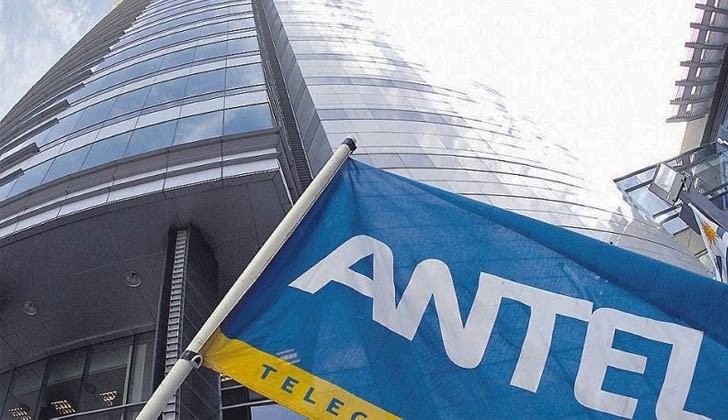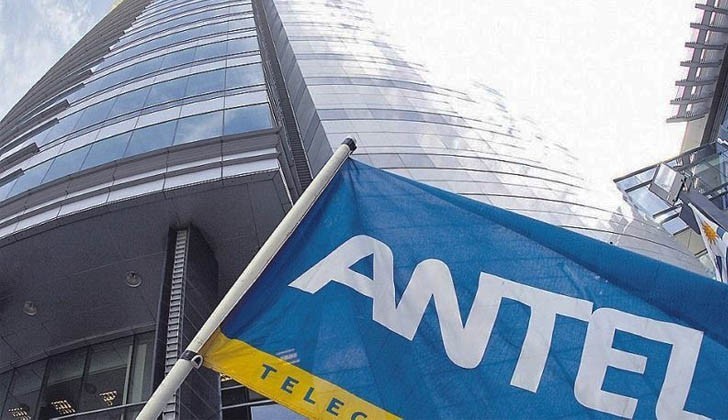
In the last few hours, the URSEC published a report entitled: “Number portability: comparative analysis of prices and yields before and after its implementation”.
The objective of the report is to continue monitoring the impact of the implementation of number portability in Uruguay limited to two variables: “the monthly price and the performance in Gb of the mobile telephony plans offered by the three mobile telephony operators (ANTEL, Claro and Movistar).
The URSEC assures in the report that “a decrease in the monthly average price of the contract is reflected in the order of 14% (at current prices, without considering inflation), accompanied by a decrease of almost 75% in the average price paid by Gb and an increase of almost 200% in the performance in Gb of the plans considered (almost triple the performance in Gb)”.
The president of ANTEL, Gabriel Gurméndez, said that the changes introduced in the Urgent Consideration Law for number portability “favored all Uruguayans with offers of better prices. And of course, ANTEL continues to be a leader”.
questions
However, the director of the opposition in the URSEC, Pablo Siris, said that he questioned the applied methodology, -in the report that accounts for a fall in prices per gigabyte and a tariff reduction- since plans are compared with yields and different prices.
URSEC also approved, at the proposal of Siris, the formation of a team to review this indicator. However, this has not been done. “It was decided to publish the report with less than 15 minutes of analysis. It does not seem good that a regulator has these urgencies”.
Siris said that it would be appropriate to analyze a basket of equivalent services from each company with the same number of gigabytes at the same speeds, on-net and off-net calls, SMS, long distance, roaming, among others.”
“If we are interested in the price per gigabyte, we should average all the plans of the different operators and not only select the most convenient ones to show only part of the reality. And let no one say that now only the data matters. If that were so, they would not have implemented number portability with the great excuse of digital identity and the supposed freedom to take my number”, questioned the opposition director.
Siris added that, on the other hand, “consumption per capita in an average mobile phone user is quite well measured, which today is less than 10 Gb per month. So, as a marketing operation, you can give away all the gigabytes you want, because today the user is not going to use them, and luckily, because the system would collapse if all users today fully used the amount of data that companies are offering”.
The hierarch said that a trend that is imposed in many places is that data plans are unlimited. “When that happens in our country, “will they say that connectivity is free?”
Therefore, he stated that talking about rate reduction, when users with current contracts have not seen any decrease in the amounts of their bill, “is also a fallacy.” On the other hand, “it is possible to speak of a decrease in the prices of the new contracts that are offered.”
Siris remarked that “it is necessary to present the data accompanied by the evolution report of the number of total ported numbers and by company; otherwise, reality is presented in a distorted way”.







